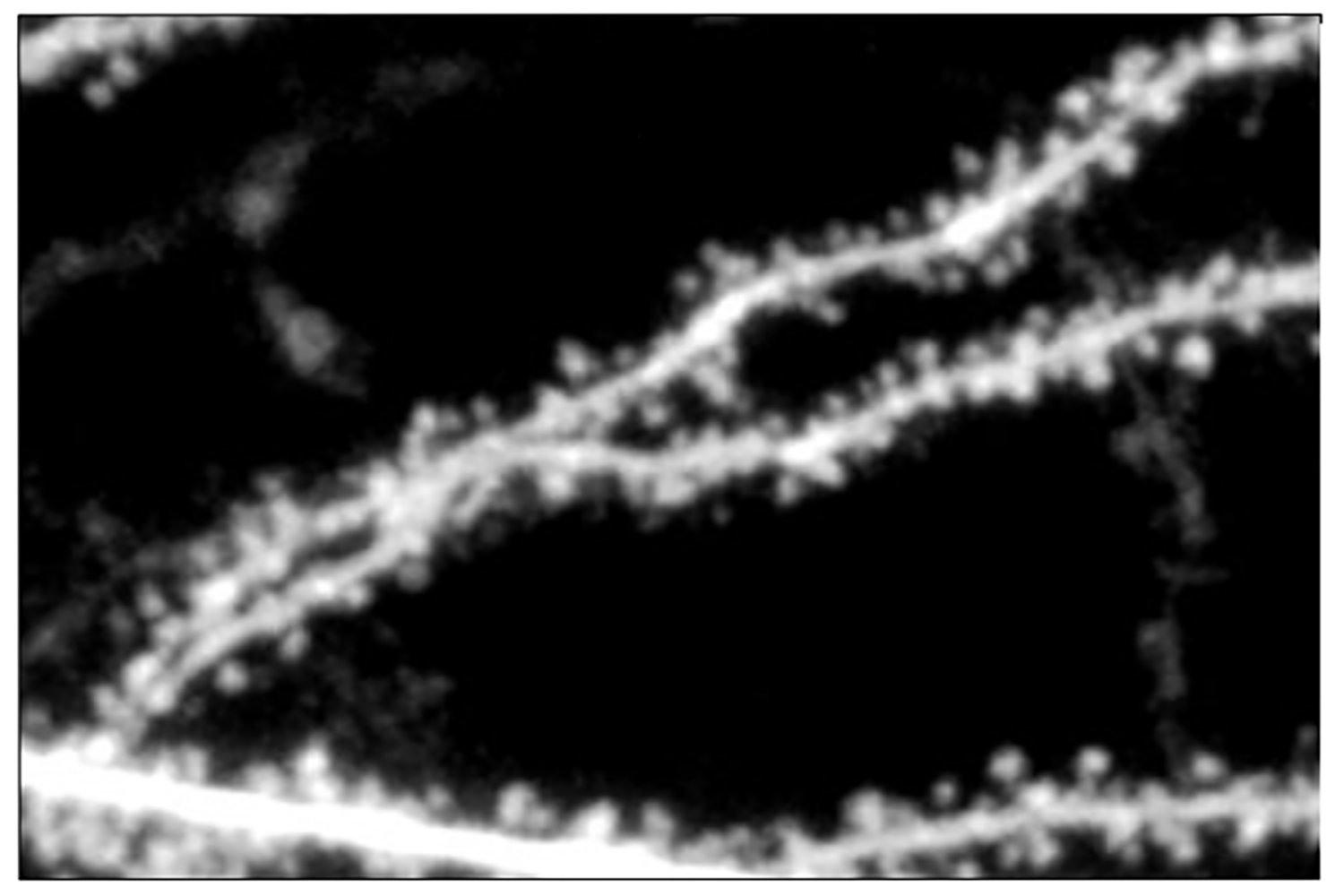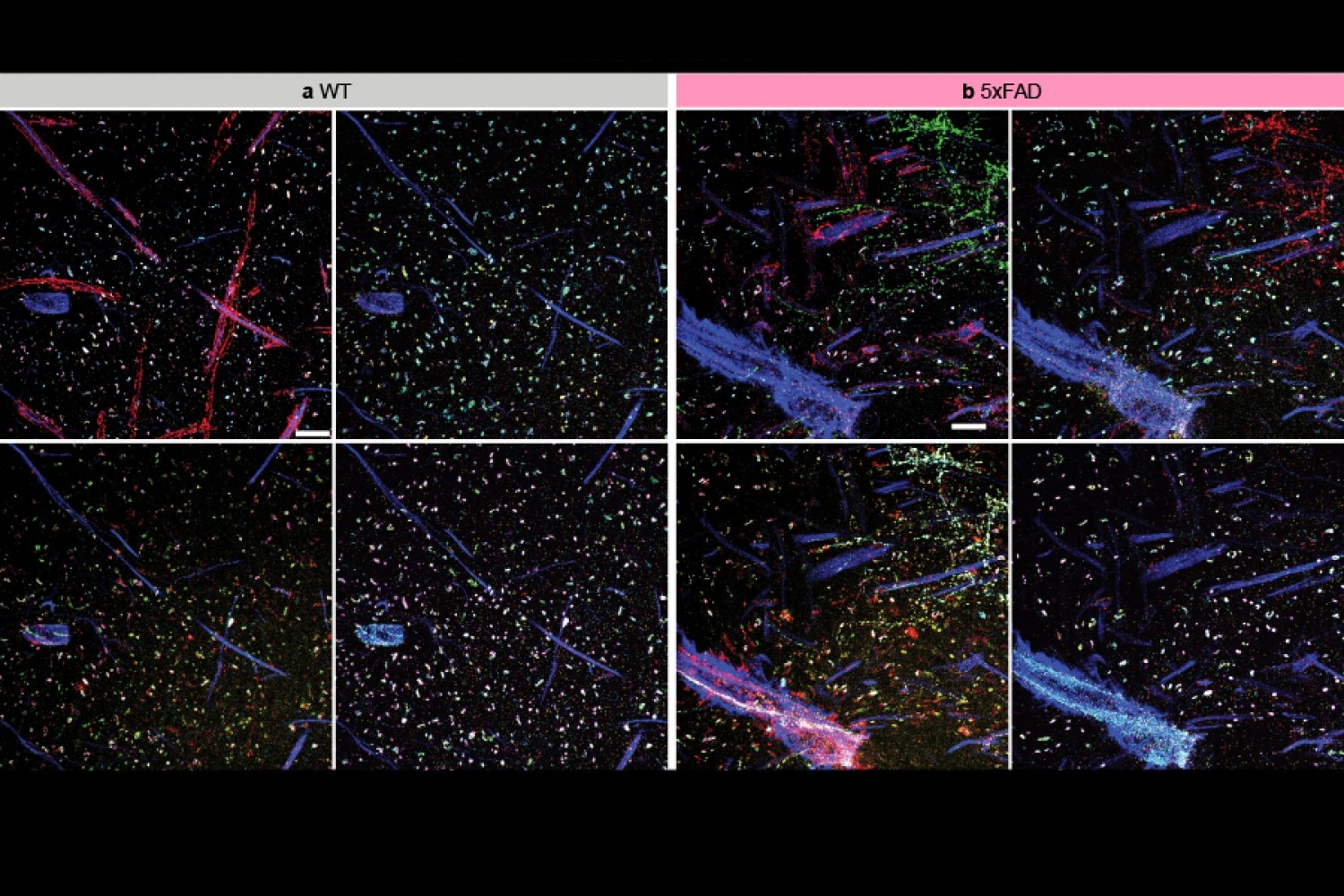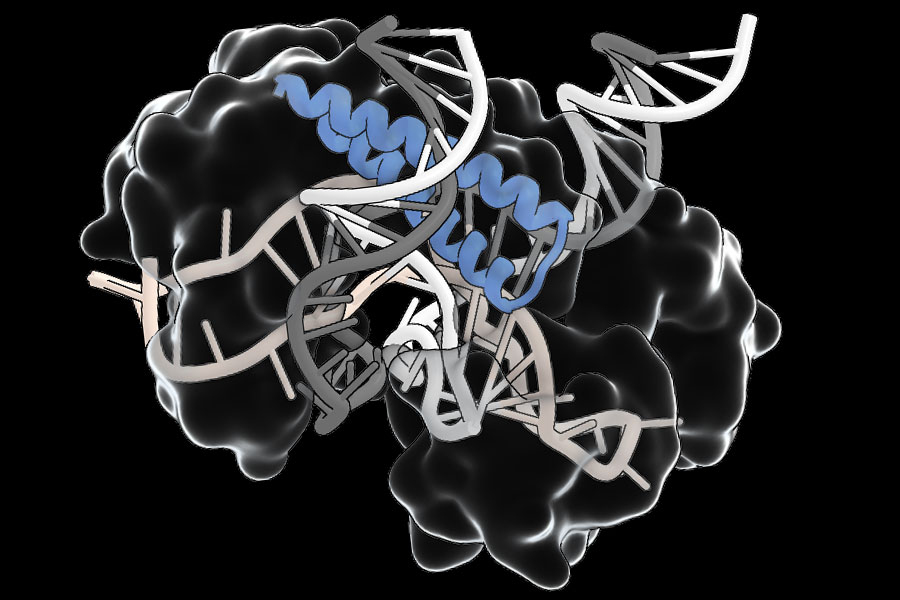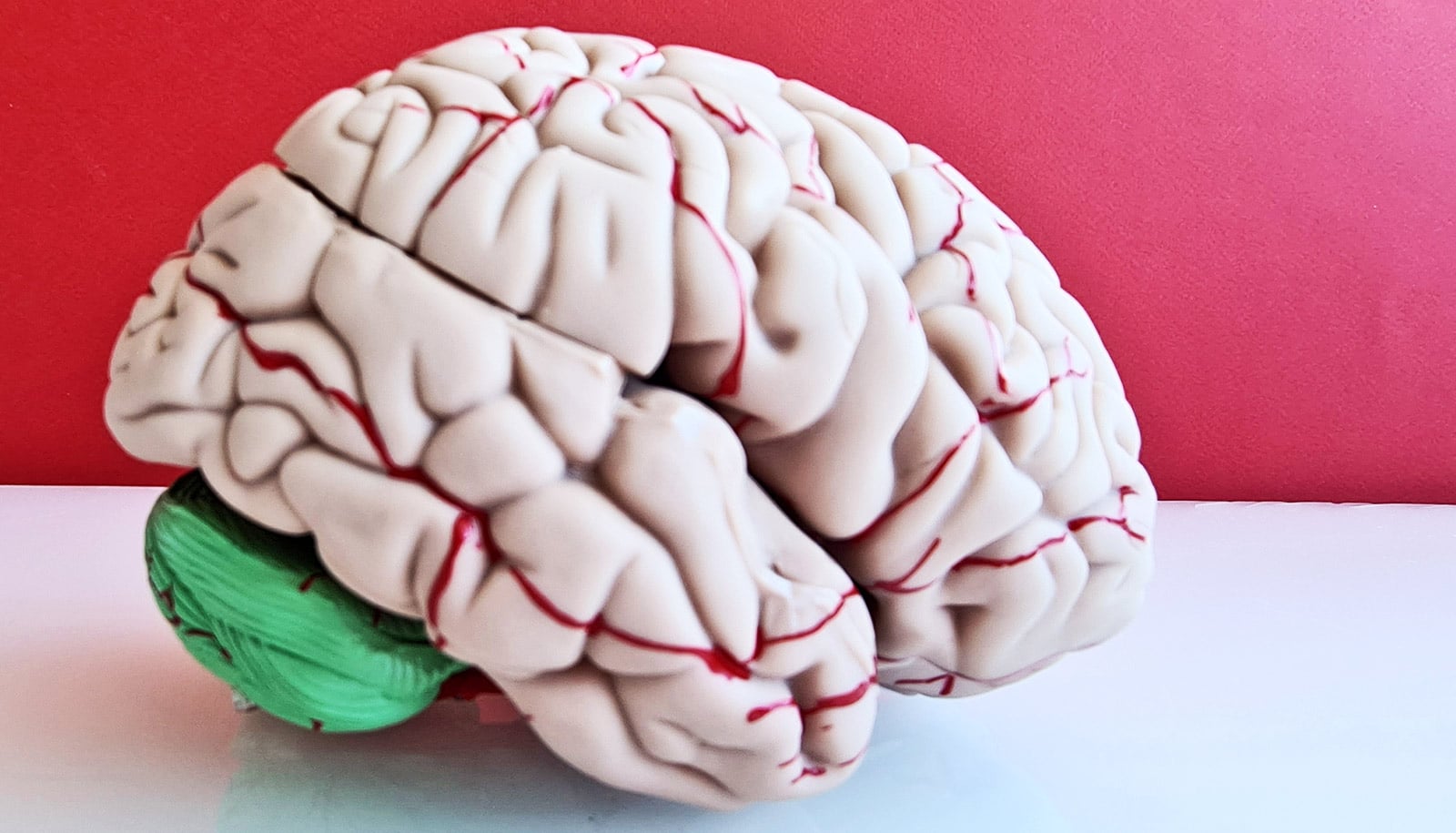Study suggests new molecular strategy for treating fragile X syndrome
Enhancing activity of a specific component of neurons’ “NMDA” receptors normalized protein synthesis, neural activity, and seizure susceptibility in the hippocampus of fragile X lab mice.
David Orenstein | The Picower Institute for Learning and Memory •
mit
March 4, 2025 • ~7 min
March 4, 2025 • ~7 min
Study: Even after learning the right idea, humans and animals still seem to test other approaches
New research adds evidence that learning a successful strategy for approaching a task doesn’t prevent further exploration, even if doing so reduces performance.
David Orenstein | The Picower Institute for Learning and Memory •
mit
Feb. 21, 2025 • ~6 min
Feb. 21, 2025 • ~6 min
Traumatic brain injuries have toxic effects that last weeks after initial impact − an antioxidant material reduces this damage in mice
Addressing the harmful chemical processes that accompany blunt force trauma to the brain can reduce the risk of long-term disability.
Aaron Priester, Postdoctoral Fellow in Materials Science and Engineering, Missouri University of Science and Technology •
conversation
Feb. 19, 2025 • ~9 min
Feb. 19, 2025 • ~9 min
Parents can soon use QR codes to reveal heavy metal content in baby food
A quick scan with a smartphone or an online search can identify foods with lower levels of these toxic substances.
C. Michael White, Distinguished Professor of Pharmacy Practice, University of Connecticut •
conversation
Feb. 14, 2025 • ~10 min
Feb. 14, 2025 • ~10 min
/
188










